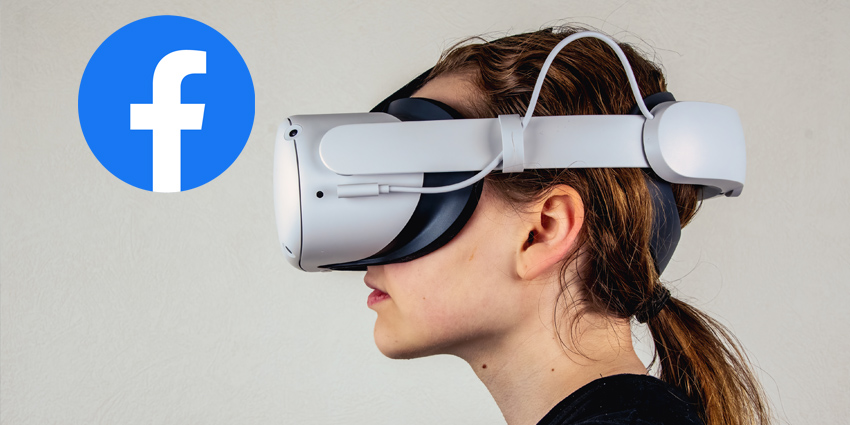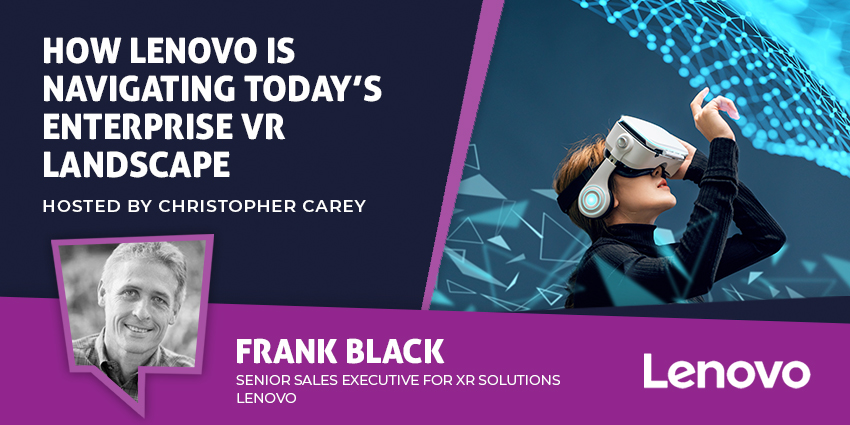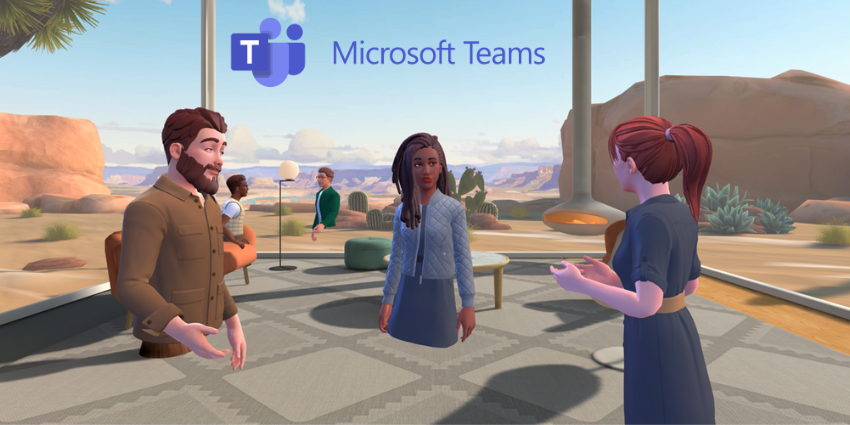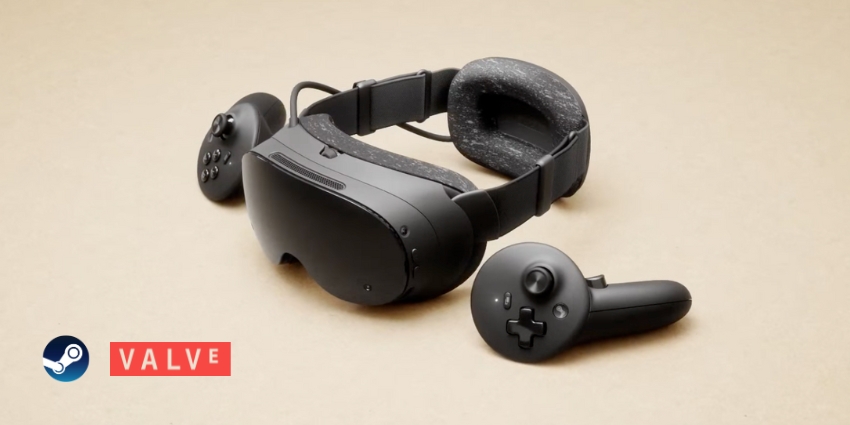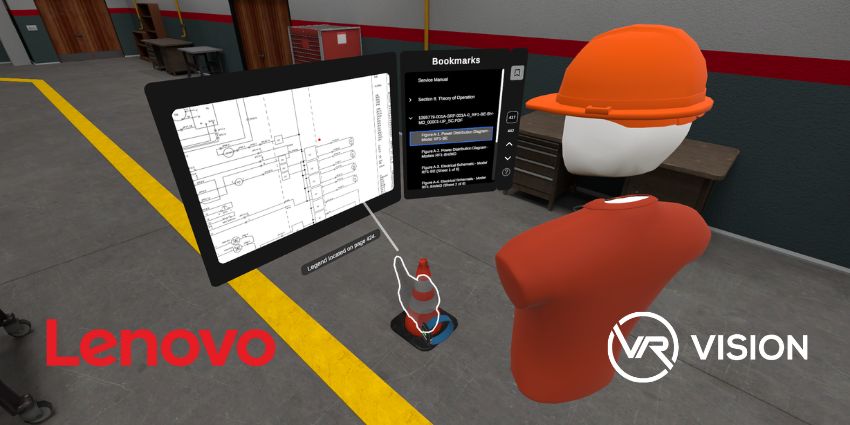In mid-May, Oculus rolled out its controversial version 29 (V29) update on its flagship Quest virtual reality (VR) headsets.
The fresh integration of VR adverts in applications and games from select developers sparked fierce criticisms from users on the v29 update.
The news came just two months before the current v30 update, which brought improved accessibility features and a device-wide rollout of its Airlink drivers.
From the perspective of Oculus and its parent company Facebook, the integration of VR advertisements made perfect sense.
XR Today reported earlier this year the Oculus Quest 2 platform doubled Facebook’s advertising revenue and the tech giant’s 2020 earning reports found adverts accounted for 97 percent of its total revenues.
But conversely, user backlash revealed consumers were quick to voice their disdain for seeing adverts in games they had already payed for.
Blaston, a popular VR game from Swedish developers Resolution Games, became the testing ground for the VR adverts.
Players posted their fustration in negative reviews on the Blaston storefront prior to the advert integrations, forcing Resolution to backtrack and offer VR adverts in free title ‘Bait’ instead.
Facebook Reality Labs VP Andrew Bosworth responded in an Instagram QnA session, stating the “backlash was frankly too much,” ading such integrations were common.
He continued:
“People are tweeting me that from their iPhones. So they bought a device, an iPhone, that has ads on it—and their TV, and every other device”
But Bosworth added he clearly understood the backlash, saying: “It’s our fault. I don’t think we communicated very well. We’re here for developers.”
The comments come amid ongoing debates among consumer bases, who have criticised similar controversial moves have forced some countries to intervene, despite statements from big tech giants such as Facebook who back the potential in integrating VR adverts.
Using Advertising and eCommmerce to Build an Ecosystem
Augmented reality (AR) advertising has proven successful, with platforms such as Poplar Studios and 8th Wall growing at an expediential rate.
Facebook looks to replicate this success by creating an advertising platform for its massive Quest user base, stating such measures would be in the fans best interests.
Oculus explained in the V29 release notes adverts would fund the Quest ecosystem, stating:
“Our goal is to help developers—and the experiences they create, both big and small—be discovered by more people”
Oculus said in a report it would maintain support for developers with downloadable content (DLC) and in-app purchases (IAP) for the Oculus App Lab storefront, with further updates later in the year.
The news comes after Facebook announced in early June it had acquired Unit 2 Games, the team behind eCommerce gaming platform ‘Crayta’, who were increasingly providing DLC, IAP and advertising spaces.
Apple could also release a long-awaited mixed reality headset, and Facebook aims to satisfy both customers and developers with its own technologies, despite bumps in the road.
